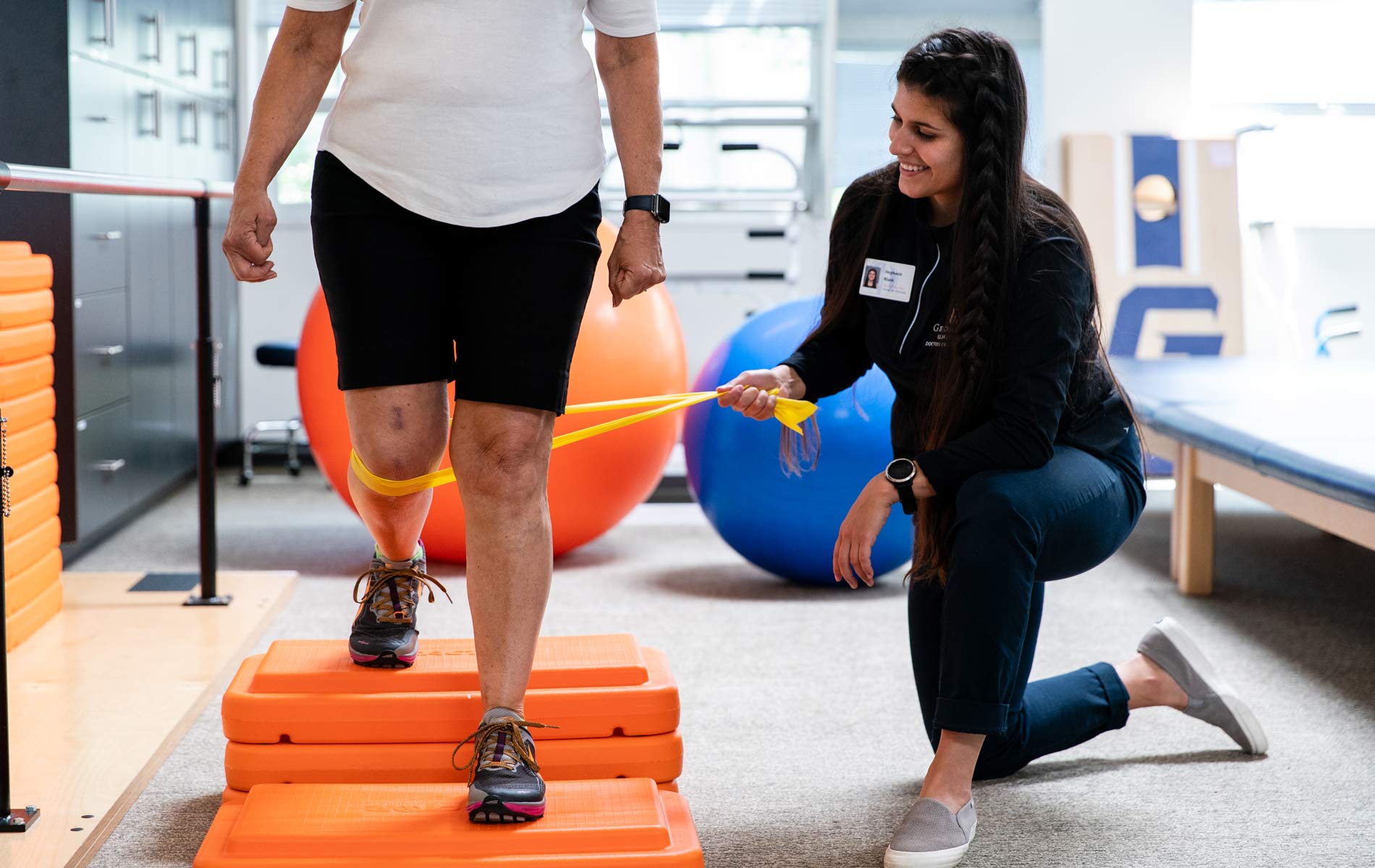The Essential Effect of Strength Exercise on Enhancing Rehabilitation and Performance in Athletic Rehabilitation
The Essential Effect of Strength Exercise on Enhancing Rehabilitation and Performance in Athletic Rehabilitation
Blog Article
Strength training holds a vital role in sports rehabilitation, assisting athletes recover from traumas and improve their overall capabilities. When an athlete sustains injured, their body needs period to heal. However, during this recovery phase, it is crucial to maintain strength and flexibility to prevent additional damages. Strength conditioning can be tailored to suit the requirements of each athlete, focusing on particular muscle areas that may have been impacted by the trauma. This targeted method not only assists in recovery but also prepares the individual to come back to their sport stronger than previously.
One of the primary benefits of resistance training in recovery is its ability to enhance muscular strength and stamina. When muscles are more powerful, they can better stabilize joints and minimize the risk of recurrence of injury. For example, an individual recovering from a leg injury can gain from exercises that fortify the quadriceps and back thigh muscles. These muscles play a vital part in stabilizing the leg articulation. By incorporating resistance training into their recovery program, individuals can regain their power more effectively and securely.
In furthermore to building strength, strength conditioning also enhances flexibility and range of movement. Many injuries can result to stiffness in the injured area, causing it difficult for individuals to navigate freely. Resistance training exercises often involve extending and elongating the muscular tissues, which can help restore flexibility. For example, incorporating weight straps or weights into flexibility programs can enhance the efficacy of these exercises. As flexibility enhances, individuals can perform actions more efficiently, which is crucial for optimal performance in their activity.
Another important factor of resistance training in sports rehabilitation is its positive impact on mental well-being. Healing from an trauma can be a challenging and frustrating process for individuals. Engaging in strength conditioning can provide a sense of accomplishment and enhance confidence. As individuals see gains in their power and abilities, they may feel more driven to persist their recovery process. This mental boost can be just as important as the bodily advantages, as a optimistic mindset can lead to read here improved results in rehabilitation.
Finally, strength training can assist individuals transition back to their sport more seamlessly. Once they have recovered their power and mobility, individuals need to practice activity-specific actions to ensure they are prepared for contests. Resistance training can be combined with activity-specific drills to create a comprehensive recovery plan. This combination allows athletes to not only recover but also improve their capabilities. By concentrating on both recovery and performance, resistance training becomes an essential instrument in the recovery journey, helping individuals return to their activity more robust and more durable.